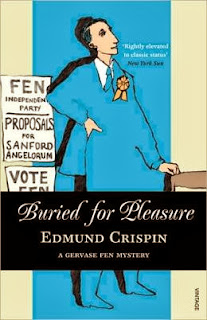Nick, Dale, and Kurt are very good friends with something in
common. They all work for absolutely terrible bosses. Nick works for David
Harken, a sadistic sociopath who enjoys manipulating his employees and
demonstrating the power he yields. Dale works for Dr. Julia Harris, a dentist
who sexually harasses him, despite the fact that Dale is happily engaged and
planning to get married. Kurt used to have a great boss, but when he died, his
cocaine-addicted son Bobby took over the business and is set to ruin it with
his paranoid schemes for milking every last cent out of it.
One night, the trio of friends begin to fantasize about
killing their employers, and before long, they’ve decided to go through the harebrained
scheme. To pull it off, they decide to find a hitman, and thus launch the
series of events chronicled in the 2011 comedy Horrible Bosses.




















